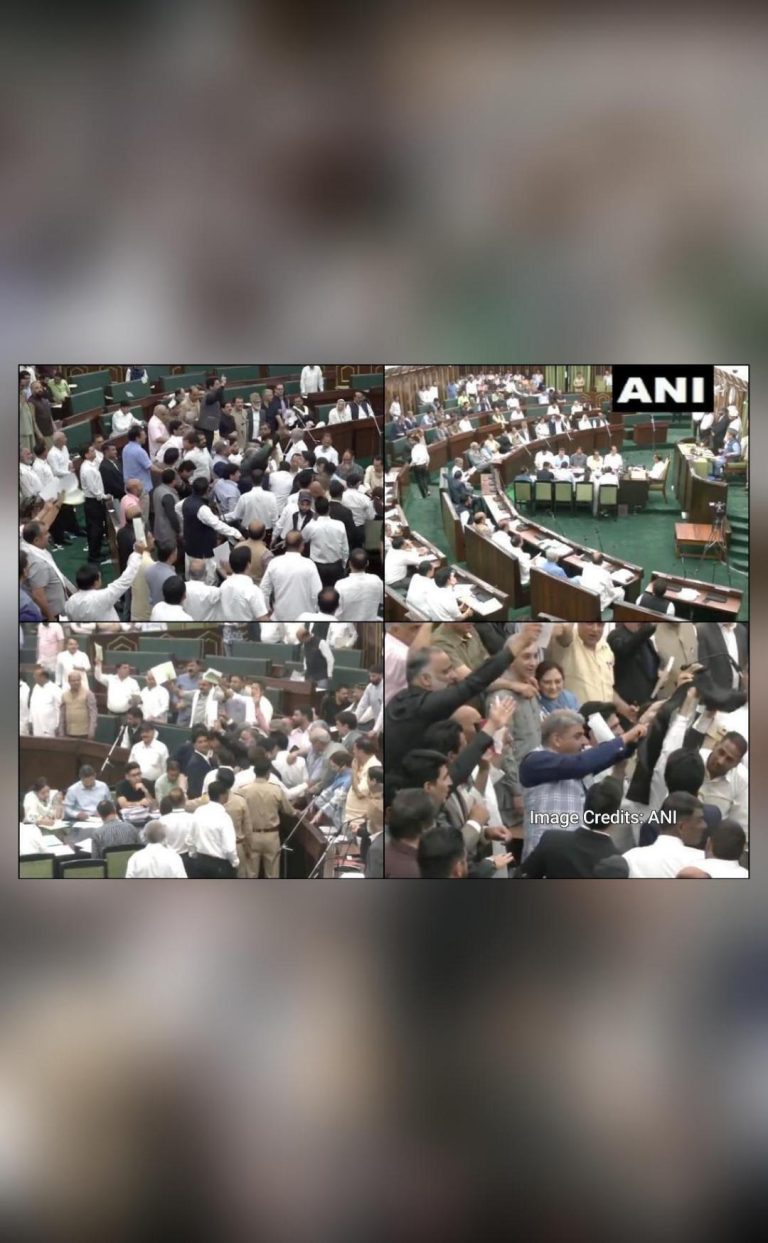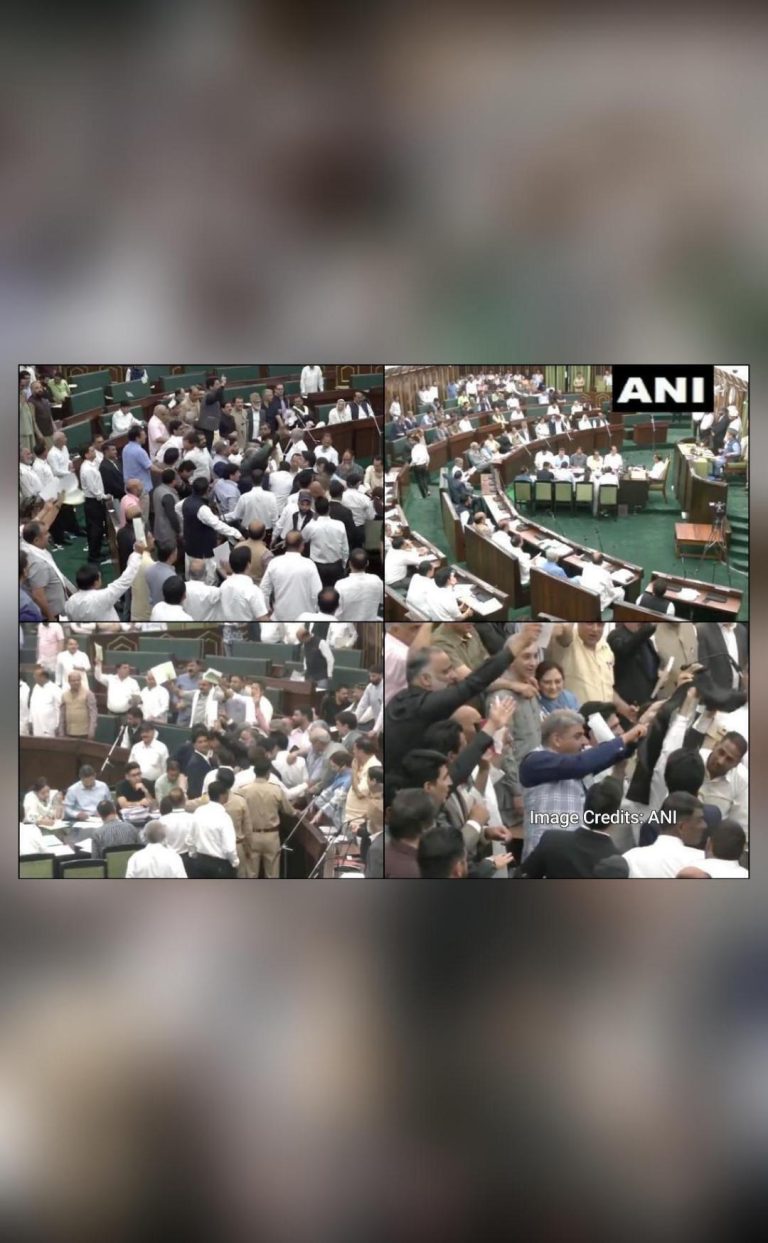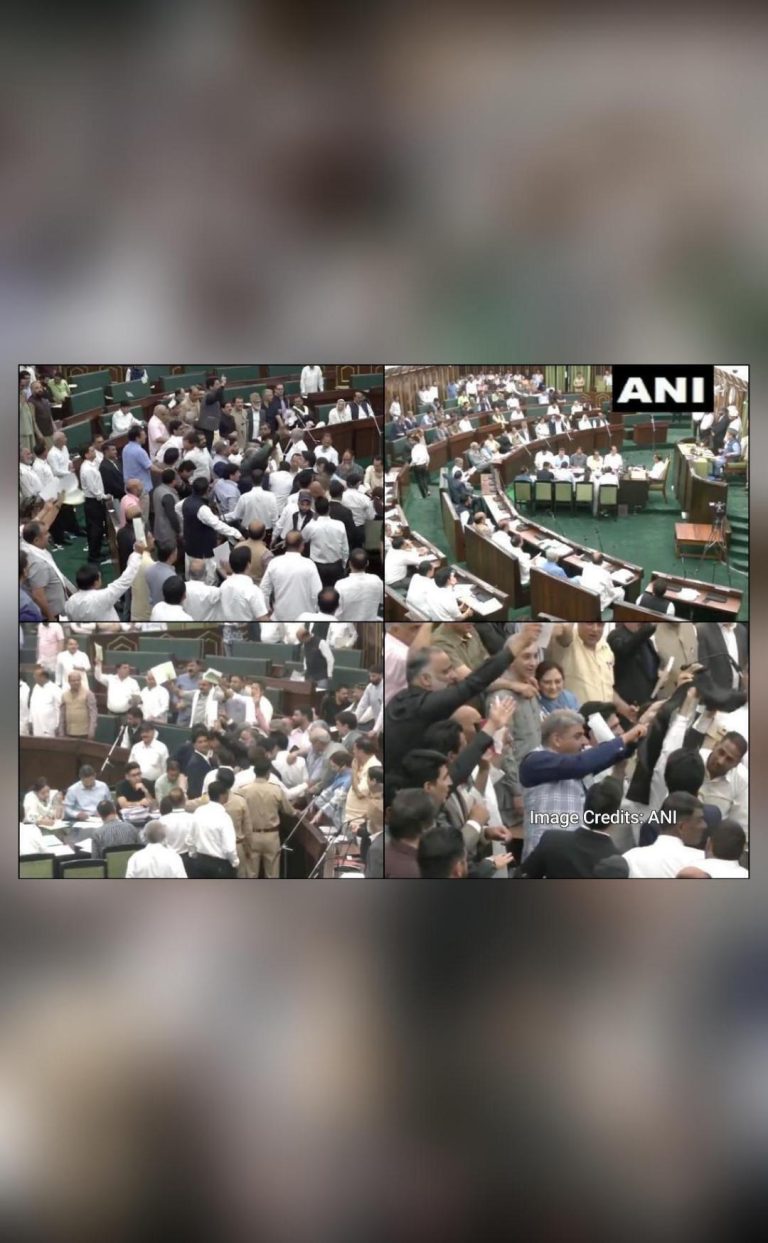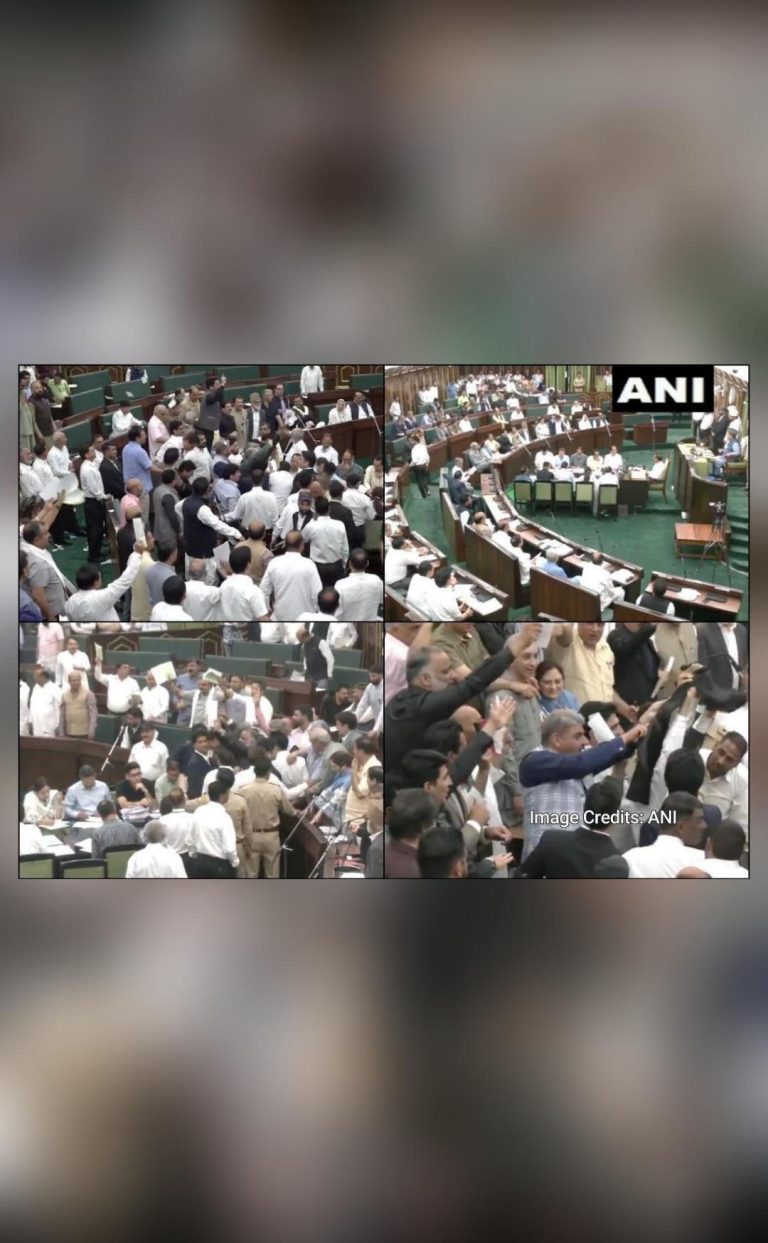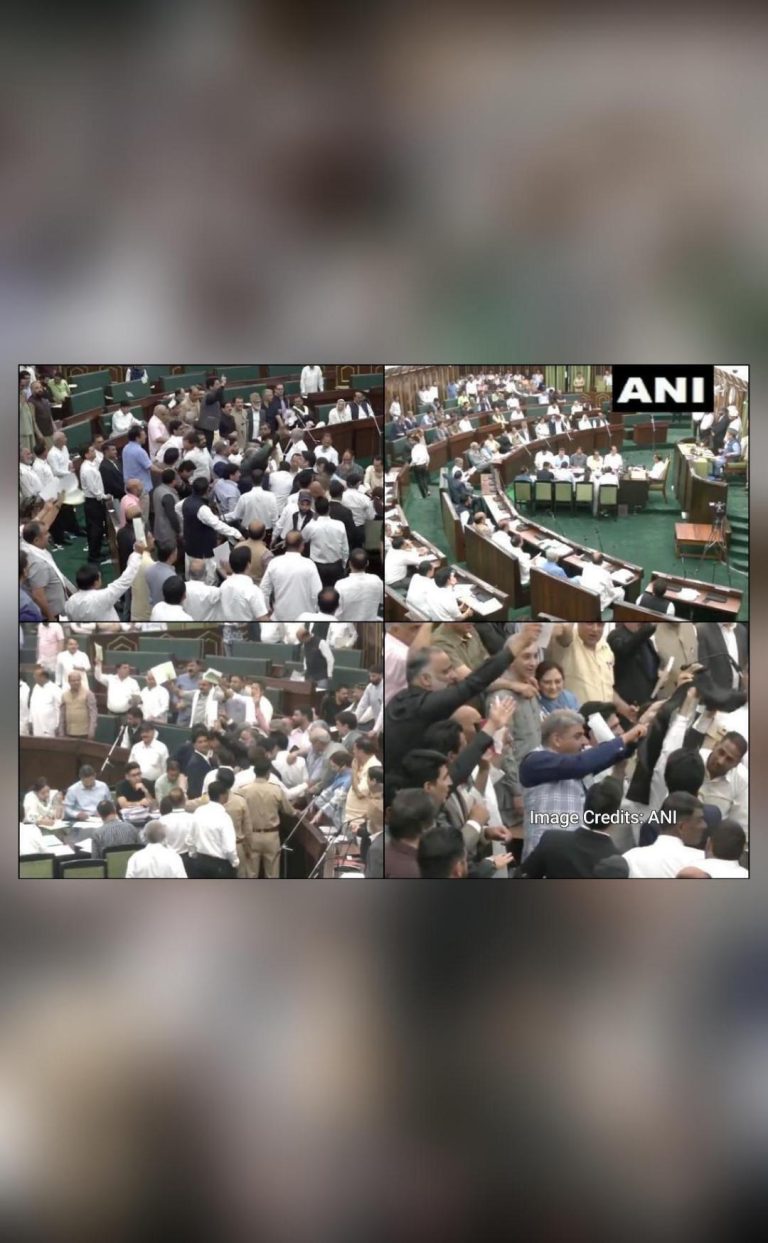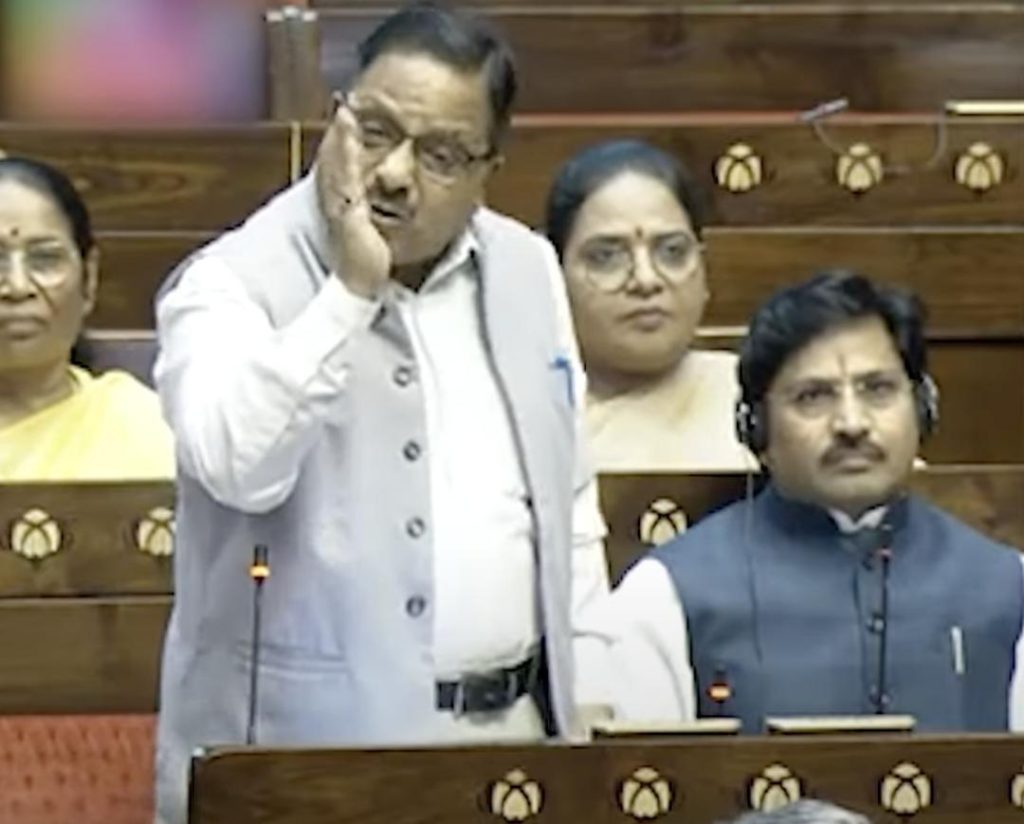
Should I Read Quran & Tell You What’s Written in It: BJP MP Radha Mohan Das on Waqf Bill
The Waqf Bill, which aims to streamline the management of Waqf properties, has been a topic of intense debate in India. Recently, during the discussion on the bill in the Lok Sabha, BJP MP Radha Mohan Das sparked a controversy with a statement that has left many questioning his understanding of Islam and the Quran. In this blog post, we will delve into the context of his statement and explore what the Quran actually says about written records.
Radha Mohan Das, a Bharatiya Janata Party (BJP) member of parliament, made the comment while questioning the Waqf Board’s management of its properties. He asked if he should read the Quran and tell the nation what is written in it. “The Quran says that even if one rupee is given to anyone, there should be a written record…And you say you have so many properties without a record,” he said, implying that the Waqf Board is not following the Islamic principles.
At first glance, it may seem that Radha Mohan Das is trying to make a point about the importance of transparency and accountability in the management of Waqf properties. However, his statement has been widely criticized for its ignorance of Islamic teachings and the context in which the Quran’s verses are revealed.
To understand the Quran’s teachings on written records, it is essential to consider the historical context in which the verses were revealed. The Quran was revealed to the Prophet Muhammad (peace be upon him) over a period of 23 years, and many of its verses deal with the social and economic conditions of the Arab society at that time.
The verse that Radha Mohan Das referred to is likely Surah Tawbah, Verse 67, which states: “O you who have believed, do not consume your wealth among yourselves unjustly or offer it as ransom to the exploiters, [knowing] that Allah is ever with you and will take account of you.” This verse is often interpreted as a warning against giving charity to those who are not deserving, and the need for written records is not explicitly mentioned.
In fact, many Islamic scholars have interpreted this verse as emphasizing the importance of sincerity and justice in one’s dealings with others, rather than the need for written records. The Quran emphasizes the importance of honesty and transparency in all aspects of life, including charity and business transactions.
Radha Mohan Das’s statement has been condemned by many Indian Muslims, who have accused him of making a mockery of Islam and the Quran. The All India Muslim Personal Law Board (AIMPLB) has also criticized the statement, saying that it is an attempt to misinterpret Islamic teachings for political gain.
The controversy surrounding Radha Mohan Das’s statement highlights the need for greater understanding and respect for religious diversity in India. As a pluralistic society, it is essential that we promote dialogue and mutual respect between different communities, rather than making inflammatory statements that can cause harm and division.
In conclusion, Radha Mohan Das’s statement on the Quran and written records has sparked a controversy that highlights the need for greater understanding and respect for religious diversity in India. It is essential that we promote dialogue and mutual respect between different communities, rather than making inflammatory statements that can cause harm and division. The Quran’s teachings on written records, like many other aspects of Islam, must be understood in their historical and religious context, rather than being misinterpreted for political gain.
Source: https://www.youtube.com/watch
